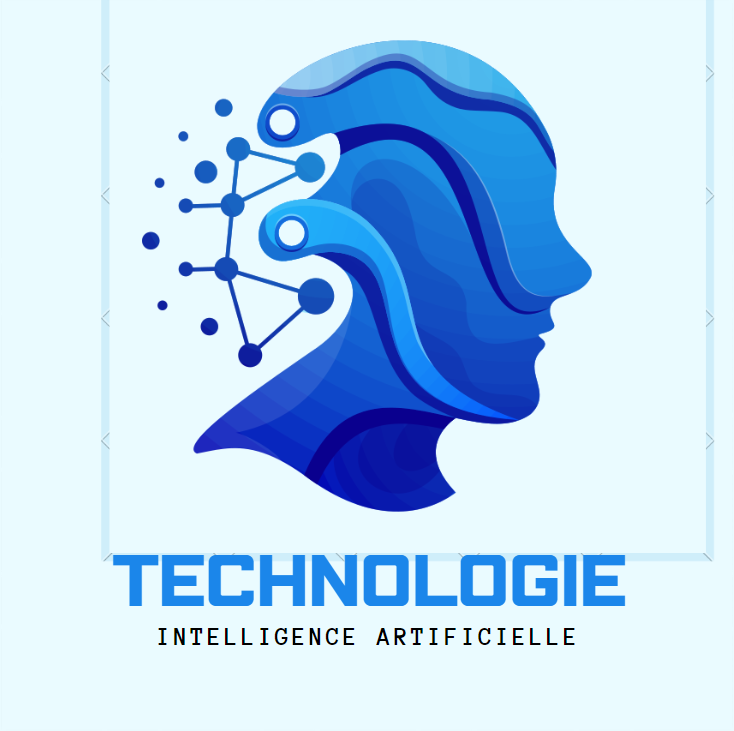ai and law
AI and law intersect in multiple ways, revolutionizing the legal field. AI tools assist in legal research, document review, and predicting case outcomes, enhancing efficiency and accuracy. Predictive analytics help lawyers anticipate judicial decisions, while contract analysis software automates the review process. Natural Language Processing (NLP) enables AI to understand and generate legal documents.
Ethical considerations, such as bias in AI decisions and data privacy, are critical. Regulations are evolving to address AI's impact on law. Continuous advancements in AI promise further transformation in legal practice.
Can artificial intelligence be used in law?
artificial intelligence can be used in law. AI applications in the legal field include:
- Legal Research: AI-driven tools streamline legal research by quickly analyzing vast databases of legal documents, case law, and statutes.
- Document Review: AI automates the review of legal documents, making processes like e-discovery more efficient and less error-prone.
- Predictive Analytics: AI can predict case outcomes by analyzing past case data, helping lawyers develop strategies.
- Contract Analysis: AI software can review and manage contracts, identifying key clauses and potential issues.
- Due Diligence: AI assists in due diligence processes by thoroughly examining financial and legal records.
- Chatbots and Virtual Assistants: AI-powered chatbots provide basic legal advice and customer service, improving accessibility.
- Legal Analytics: AI tools provide insights into judicial behavior and legal trends, aiding decision-making.
- Compliance Monitoring: AI ensures companies adhere to regulations by continuously monitoring legal changes and internal policies.
However, ethical considerations like bias, transparency, and data privacy are critical when implementing AI in law.
Are lawyers literate with ai?
Lawyers' familiarity with AI varies widely, depending on factors like their area of practice, firm size, and personal interest in technology. Generally, the legal profession is becoming more aware of AI's potential and its applications, but there is still a significant gap in widespread AI literacy among lawyers. Key points include:
- Awareness: Many lawyers are aware of AI tools that can assist with tasks like legal research and document review.
- Adoption: Larger firms and tech-savvy lawyers are more likely to adopt AI tools, while smaller firms and solo practitioners may lag behind.
- Training: Some law schools and continuing legal education (CLE) programs are incorporating AI and technology training into their curricula.
- Specialization: Lawyers specializing in areas like intellectual property, technology law, and compliance are more likely to be familiar with AI.
- Resistance: There is some resistance due to concerns about job displacement, ethical issues, and the reliability of AI tools.
- Collaboration: Increasingly, lawyers are collaborating with technologists to better understand and leverage AI.
Overall, while AI literacy among lawyers is growing, it is not yet universal, and ongoing education and training are needed to bridge the gap.
is ai a legal problem?
AI presents several legal challenges and considerations, which can be seen as "legal problems" that need to be addressed. Key issues include:
- Bias and Fairness: AI systems can perpetuate or amplify biases present in their training data, leading to unfair or discriminatory outcomes, especially in areas like sentencing, hiring, and lending.
- Transparency and Accountability: AI decision-making processes are often opaque ("black box" problem), making it difficult to understand how decisions are made and who is responsible for errors or harms caused by AI.
- Privacy and Data Protection: AI systems require large amounts of data, raising concerns about data privacy, consent, and the potential misuse of personal information.
- Intellectual Property: The use of AI in generating content and inventions poses questions about authorship and patent rights. Who owns the rights to AI-generated works?
- Liability: Determining liability when AI systems cause harm is complex. Issues arise in assigning responsibility between AI developers, users, and other stakeholders.
- Regulation and Compliance: As AI technology advances, existing laws may become outdated. New regulations are needed to ensure AI is developed and used responsibly, balancing innovation with public safety.
- Autonomous Systems: The deployment of autonomous systems (e.g., self-driving cars, drones) introduces risks and challenges related to safety, ethical decision-making, and regulatory oversight.
- Employment and Labor Law: AI's impact on jobs and the workforce raises legal issues regarding worker displacement, retraining, and ensuring fair labor practices.
Addressing these challenges requires a multidisciplinary approach, involving legal professionals, technologists, ethicists, and policymakers to develop frameworks that ensure AI is used ethically, responsibly, and in compliance with the law.
Conclusion :
AI in law promises to enhance efficiency and accuracy in legal processes through automation and advanced data analysis. However, it raises ethical and regulatory challenges that must be addressed to ensure fairness and accountability. Ultimately, the integration of AI in law will require careful balancing of innovation with traditional legal principles.
التسميات
Artificial Intelligence

